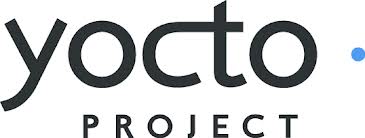LINUXCON EUROPE, Dusseldorf, Germany – Oct. 15, 2014 – The Yocto Project, one of the most successful collaborative open source projects in the embedded industry, introduces the Yocto Project 1.7 release. This release, codenamed “Dizzy”, is the ninth, on schedule release of the project since the initial release in 2010. This new version is updated with the current LTSI Linux kernel, switches to the new 4.9 gcc, and migrates from eglibc to glibc. The 1.7 release will provide an optimized experience when it comes to using the Yocto Project’s tools and methods due to the project incrementing to the various standard software components.
Yocto Project 1.7 introduces more flexibility to its automated test framework improving the range of tests that users can run. This includes package specific tests (ptest) as well as the ability to test SDKs. Developers have now the option to run automated tests of autobuilder images on supported hardware, not only for the locally built images. This feature allows users to fetch remote images required for testing, and run the runtime tests using testimage and all its capabilities. Initially this includes EFI-based systems using gummiboot, BeagleBone, Edgerouter, and systems using legacy GRUB that have a serial port to connect to.
Work is already in progress on the Toaster web interface to provide build capabilities, including organization of builds into projects, adding and removing layers, importing custom layers and editing local configuration. Toaster build features also introduce the concept of layer collections, making community layers easily accessible across projects and users.
Yocto Project Release 1.7 will be available to the open source community at the end of October, in step with the project’s 6 month release cadence. The Yocto Project is a software development framework for creating custom embedded Linux distributions. It has become an industry standard, adopted by leading Silicon Vendors, OEMs and ISVs. Advisory Board membership has grown in 2014 from Intel, TI, Wind River, OpenEmbedded, Juniper, LSI/Avago, LTSI, Freescale, Mentor, Montavista, Enea, Huawei, Dell, Renesas, OS Systems, and now also includes AMD, LG, and Broadcom.

